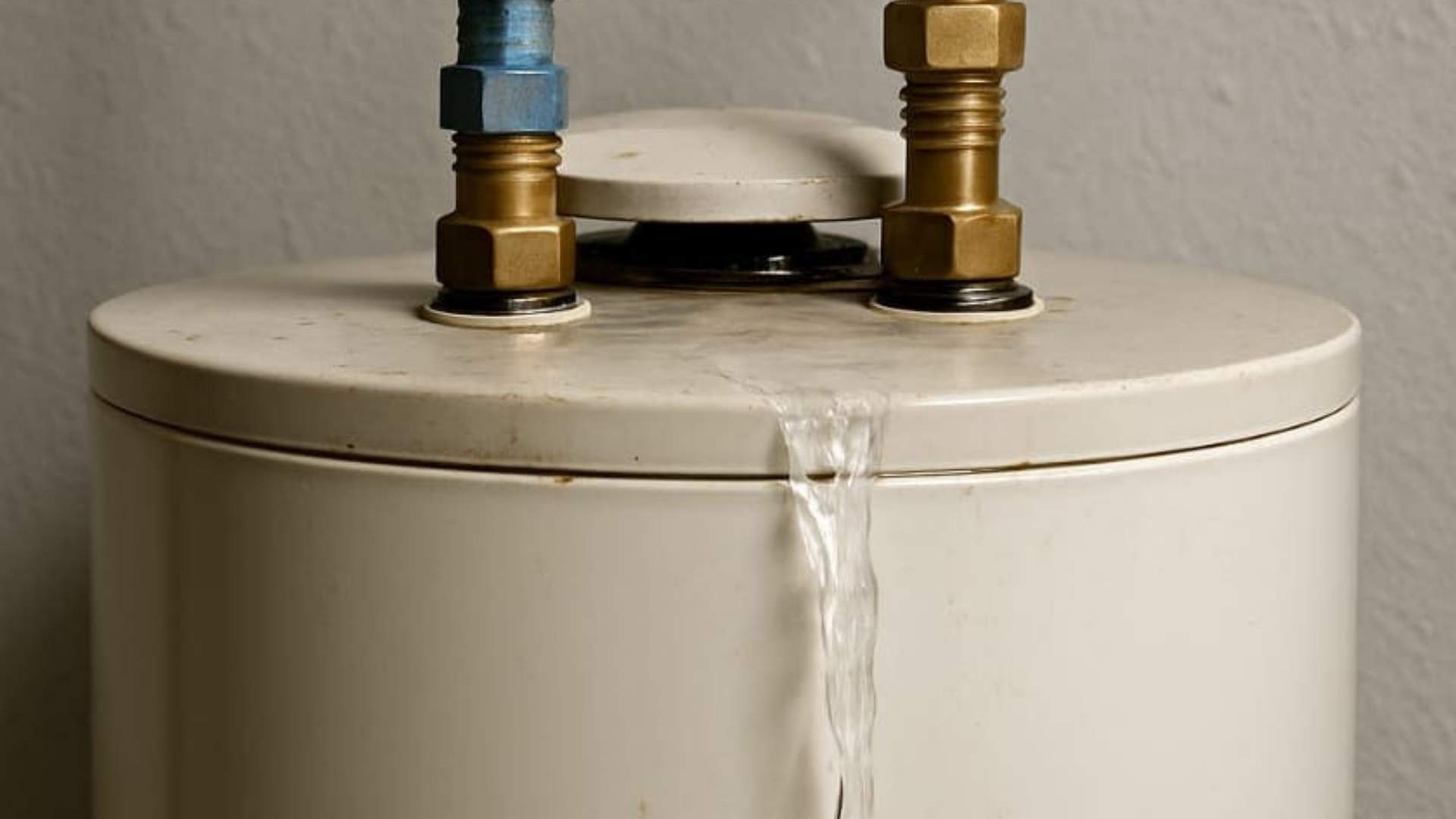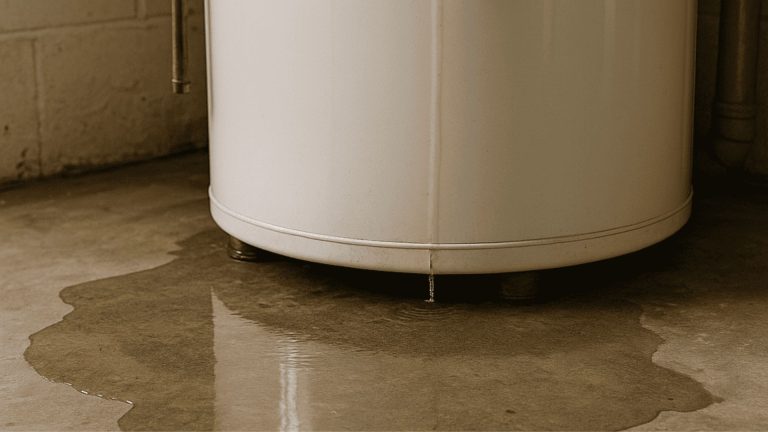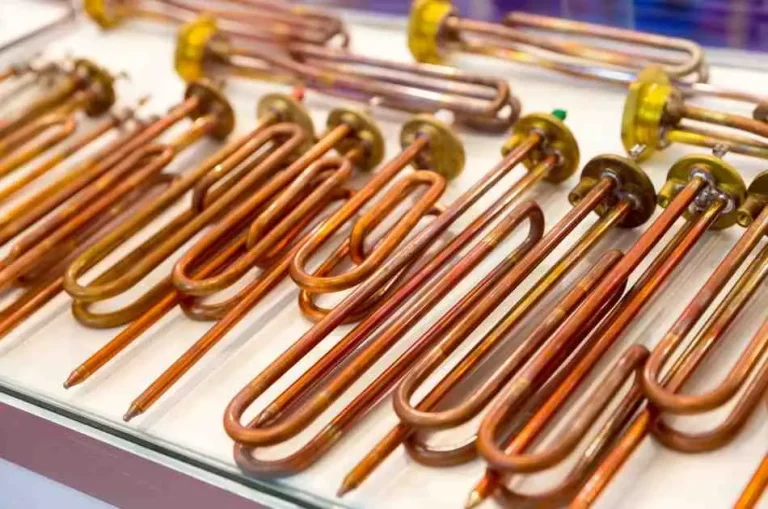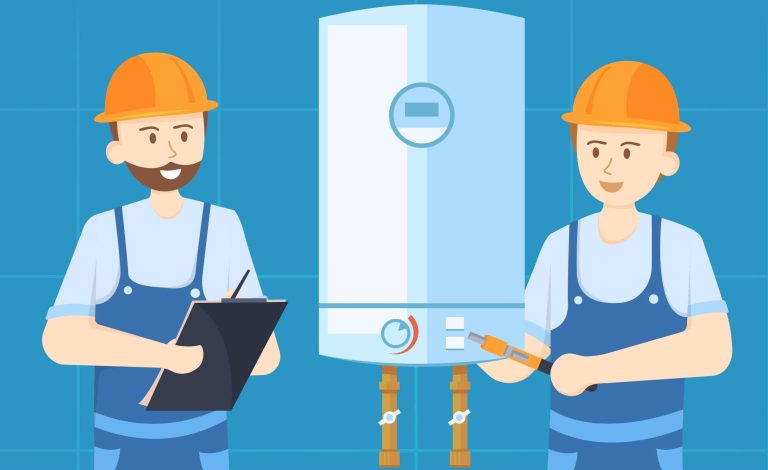What to Do If Water Heater Leaking from Top: Best Solutions
A water heater leaking from Top could catch the homeowner to tension and leave you frantic to find the reason and how to fix it. Although it may seem like something that is a big issue, top leaks can be resolved with a bit of knowledge and the correct approach. This guide will guide you through the causes, the steps to fix them as well as practical preventative tips to ensure your water heater stays running smoothly.

If you’re seeing water gushing over the Top of your water heater or suspecting an issue with the connections, the article was intended to give you practical, straightforward advice on how to fix your water heater leak issue.
Why is My Water Heater Leaking from Top?
Leaks in the water heater are an issue to be concerned about However, pinpointing the cause of the issue will be the very first thing in solving it. There are many reasons the water heater may leak from its Top, which can range from loose valves to internal corrosion.
Common Reasons for a Water Heater Leak from the Top
- Input as well as output connection
The cold-water intake as well as the hot water outlet is both located on high on your tank. As time passes these connections will loosen which causes water to leak out.
- The leaky valve for the inlet
The inlet valve controls how cold water flows to the storage tank. If the valve is damaged or damaged, this could cause major leaks.
- Relief valve pressure issues could cause massive water leaks if treated immediately.
The pressure relief valve, also referred to in the form of a T&P valve, is a security feature created to let out water when the pressure inside the hot water tank becomes excessively high. If the T&P valve isn’t working properly it could result in water escaping without a need.
- Corrosion within the tank’s water
Corrosion can weaken the construction of the hot-water heater. It can eventually lead to leaks that form near the Top of the water heater.
- An old anode rod may contribute to an increase in corrosion, and also the likelihood of your hot water tank leaching.
The anode rod guards the tank of your water heater from corrosion, however should it become damaged the tank may begin to corrosion.
How to Identify the Source of the Leak
Finding the source of the issue is essential in determining the correct solution. Here’s how you can identify the troublesome areas:
How to fix a water Heating System Leaking
The good news is that the majority of problems that cause water heaters to leak out from their Top can be solved by using simple tools and some effort. Follow these steps to make an easy and efficient plumbing repair.
How to Handle a Leaking Water Heater Step-by-Step Guide
- Shut off water to the main supply
Stop the flow of water into the heater in order to avoid any further leaks. Also, shut off the power supply by shutting off the switch to prevent the electric water heater from needing periodic inspections on your T&P valve to stop water leaks. Or setting the gas control tap to “pilot” on a gas model.
- Tighten loose connections
Make use of a wrench to securely fix the outlet and inlet connection. This straightforward step is often able to fix small leaks. Be cautious not to tighten too much the fittings, since it may cause damage to the fittings on the inlet of your water heater and outlet.
- Replace valves that are damaged.
When the T&P valve leaks water, it’s an indication that there’s an issue with the valve. The inlet valve or pressure relief valve is defective and should be replaced entirely. These parts are reasonably cheap and are easy to replace.
- Check and replace the rod for anode replacement.
Lift the lid of the tank and check the inlet of the heater and outlet for signs of leaks. The anode rods. If it’s severely corroded, replace it to prevent the rust from spreading into the tank.
- Remove and clean from the tank.
If the buildup of sediment is leading to leaks and overheating in the water heater, flush it out and flush the tank. It will remove the debris and stop further cracks from developing.
When to Call a Plumber
Although many fixes can be done by yourself however, there are times when expert assistance is required. Contact a plumber for the following situations: you see leaks coming from your hot water pipe, or problems regarding T&P valve.
- The tightening of the water inlet and outlet connections can stop leaks. Outlets and inlet connections did not stop the leak, even after numerous attempts.
- There are obvious indications of significant flooding or severe corrosion within the tank.
- You will require a thorough repair of your water heater that goes beyond simply replacing the parts.
How to stop a water heater from leaking at the Top
Regular maintenance can go a long way in prolonging the life of your water heater and reducing costly repairs.
Regular Maintenance Tips
- Clean the tank frequently to ensure that the hot water inlet as well as outlet are working correctly.
When you drain, as well as by flushing your tank, it will avoid the accumulation of sediment that can weaken the heater and result in leaks. It is recommended for this to be done at a minimum of once per year.
- Check connections and valves.
Check the pressure relief valve regularly. Check that the drain tap functions properly to prevent problems with leaks. Also, check the outlets and inlet connections for corrosion or leaks. A quick fix can prevent more serious plumbing issues.
- Replace the rod that is anode before it gets worn out.
Change the faucet’s handle to improve the flow of water and efficiency. The anode rod is used every 3 to 5 years to keep the tank from becoming corrosive.
- Make sure you check the outlet and inlet of water frequently.
Find potential problems by examining your plumbing for potential issues by inspecting plumbing for potential issues by inspecting the cold water intake as well as the hot water outlet. Examine your plumbing throughout your routine maintenance routine.
Extend Your Water Heater’s Lifespan
A properly maintained water heater can last for a long time. These tips will help you avoid costly plumbing repairs and help extend the lifespan of your home’s water system:
- Avoid costly flooding. Repairing leaks quickly is vital to maintain the plumbing systems.
- Guard yourself and your tank from rust by regularly performing replacement of the anode rod.
- Make sure that the water heater functions effectively by flushing out sediment and ensuring an optimal pressure.
The proper care of your home not only helps save money but also ensures a constant flow of warm water at any time you require it.
FAQs About Water Heater Leaks
What Should I Do If My Water Heater Is Leaking?
The first step is to shut off your primary water source or power. Then, pinpoint the origin that is causing the issue. Based on the cause fix leaky water outlet and inlet connections, and replace the tap that are defective or call an experienced waterworks technician.
Why does my water heater Leak from the Top
Leaks coming from the Top usually result from loose connections between the outlet and the inlet or a malfunctioning relief tap or corrosion or an inlet valve that is not functioning properly. Check these components to determine the root source.
Can I Fix a Water Heater Leak Myself?
You can correct minor problems, such as connecting connections tighter and replacing valves that are damaged on your own. But for more serious issues such as water damage or internal corrosion, it’s best to call a waterworks technician. Costly damages to the water make sure that the plumbing is in good working order; you should call an experienced plumber.
Fix Your Water Heater Before It’s Too Late
The possibility of a heating element that leaks through the roof could appear to be a major issue but it’s easily solved by following the correct method. The prompt treatment of leaks can avoid serious damages from water and make it easier to avoid huge repair costs.
By checking regularly the water intake as well as tightening connections and replacing components such as the anode rod and the pressure relief tap as well as doing regular maintenance, you’ll be able to ensure that your water heater is operating well for years to come.
If the issue persists? Do not hesitate to contact an experienced waterworks technician. Quick action can help you save time, money and the hassle of not having hot water.



